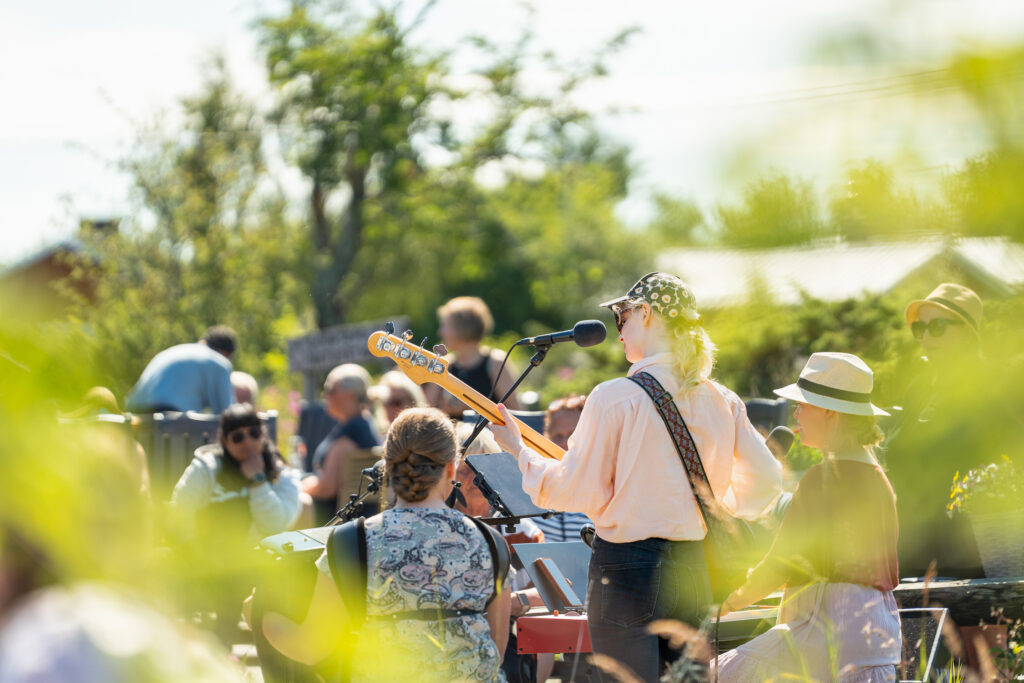The island of Tankar is divided in two, in terms of ownership: the north is owned by Metsähallitus (governmental) and the south by the City of Kokkola. Even today, the area owned by the City is governed in accordance with the autonomy of an old Ostrobothnian village. The village elder is equivalent to the harbour bailiff, and together with the council members they are responsible for maintaining order on the island. The Islet Council convenes once a year on the last weekend of July and is open for everyone to attend. At the meeting the various officials of the Islet Council, are selected and decisions are made.
Harbour Regulations
Tankar’s first harbour regulations were accepted in 1726 by the Swedish government. By that time the fishing community had grown so large that it was necessary to create rules for interaction between people. Amongst other things, the harbour regulations set down statutes about harbour bailiffs and members’ harbour rights, not observing the Sabbath, swearing, and breaking others’ fishing equipment. Additionally, theft, abusive language, fighting, gambling and drinking all had their own regulations.
The current set of harbour regulations is renewed 2021, and its primary prescribed purpose is to protect Kokkola’s highly valued cultural environment and natural area.
Harbour Regulations Anno 1726
His Royal Majesty’s Revised Harbour Regulations
Issued in the Council Chamber in Stockholm on the 1st of March 1726
We have perceived it to be necessary/and thus mercifully decree/ that in each established Fishing Community there shall be a harbour authority/ and it shall be comprised of the following persons/namely: A harbour pilot/ to whom shall be entrusted supervision and leadership, and 3 authority members from among the most senior and sensible members of the council/whom the Fishing Community itself is entitled to nominate.
…….
§5.
Should any man intentionally damage another’s vessel/or its equipment/Seine/ Nets or any other fishing equipment or take another’s vessel or equipment without Permission or Hire/then he is to pay three Marks and to repair the damage.
…….
§14. Whoever goes by evening to the harbour rock in a drunken state or otherwise/and shouts a great deal and inappropriately/cursing/ yelling or bellowing/throws beams or stones or produces noise which is a nuisance to others/then the first time he is to pay six Marks/ double that on the second and third occasions/but if he should do so again/he will be banished from the harbour; if any damage is occasioned then it is to be set right in accordance with the law.
…….
§16. If a storm and rough weather arise/then each is to assist one another/in reaching harbour with their fish and equipment/for which he shall be thankful to the mercy of God and to his fellow men.
…….
§18. All fi sh/which is taken by barrel or firkin from the Fishing place to be sold in a Land or Sea town/ is to be packed in a round form, and the Owner’s mark be placed thereon; otherwise/the catch is to be confiscated/ in the place where it is encountered.
